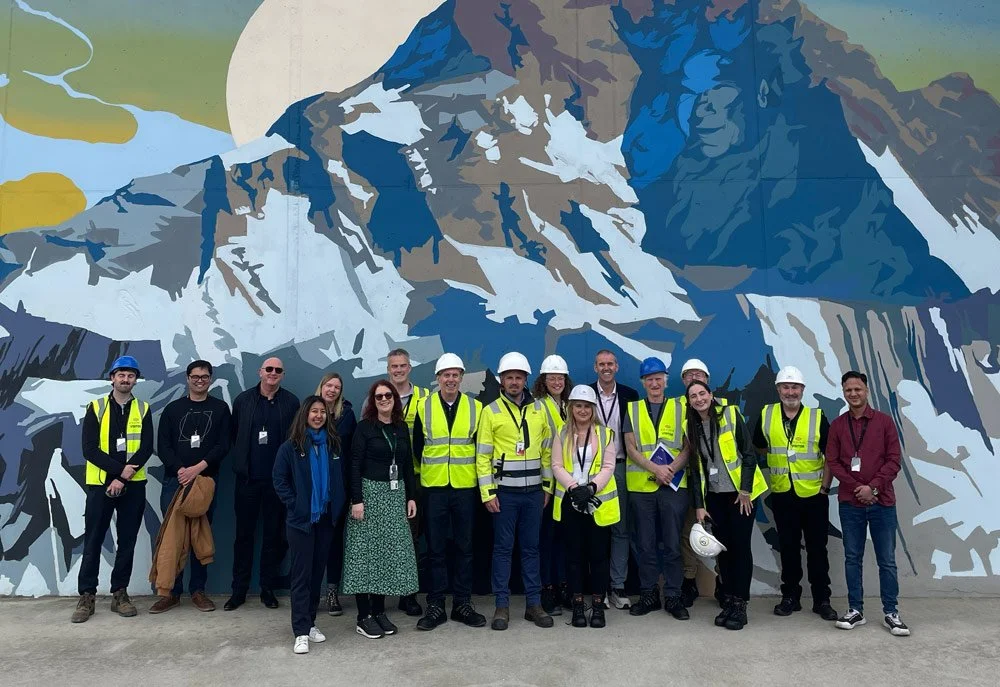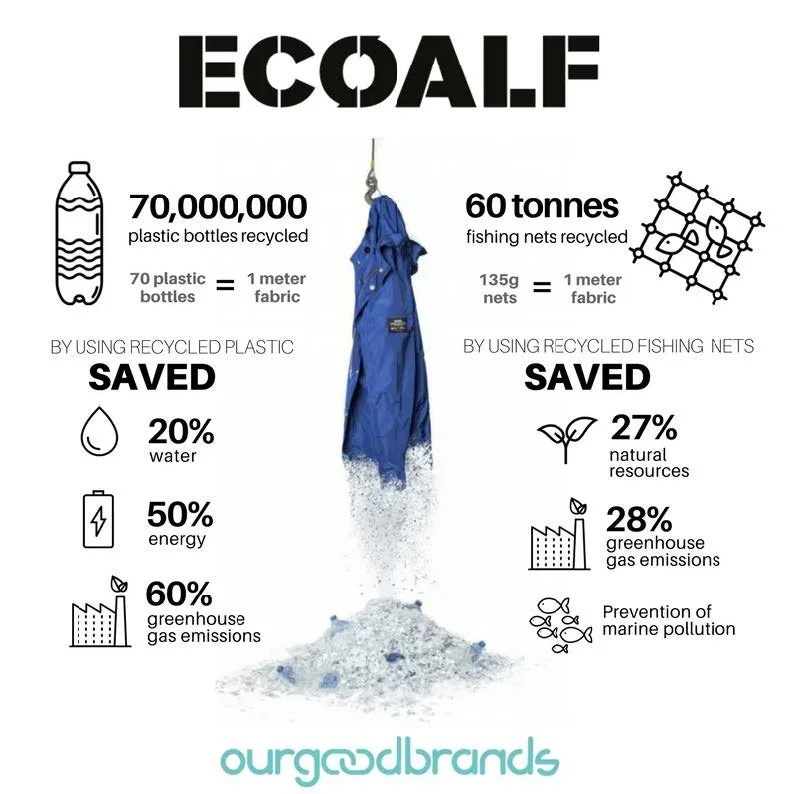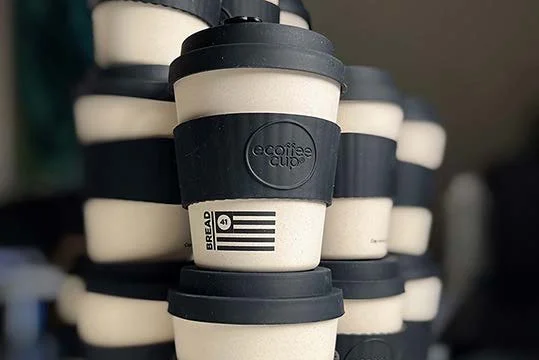Navigating Uncertainty: Adaptability as a Path to Sustainability
The word "sustainability" often brings to mind images of solar panels and recycled packaging. These are crucial, of course. But for me, as a consultant who has worked with a range of businesses across different sizes & sectors over the years, “being sustainable” has another meaning that gets forgotten—especially in our modern VUCA (Volatile, Uncertain, Complex, and Ambiguous) world.
A truly sustainable business today isn't just eco-friendly; it's resilient and adaptable at its core. That includes being more responsible for the decisions you make and the communities you impact. It also includes adapting to the changes in your business environment - some of which may be climate changes. It’s a business that can bend without breaking, and that's something I’ve learned firsthand.
My path as a 'generalist'—with broad skills in strategy, innovation, and marketing—is finding its place in a rapidly changing world. While specialists excel in predictable environments, generalists connect disparate ideas and navigate change, a key insight that informed the founding of my consultancy, Change Scout.
I founded Change Scout to offer fractional expertise to SMEs. Many leaders are absorbed in their business, lacking time to work on it. My role is to help them embrace change, acting as a 'scout' to proactively find and implement changes, opportunities, and partnerships, fostering open innovation, and ultimately building more sustainable businesses. Networks and partnerships are crucial for company adaptation. Movements like Techies Go Green, for instance, catalyze change by connecting like-minded leaders for shared learning on improving purpose-driven businesses. Viewing sustainability as tiresome ‘box-ticking’ for compliance purposes will leave businesses behind.
Techies Go Green members on a recent sustainability fact-finding tour to Equinix
The most critical aspect of this change is the evolution of sustainability itself. It's no longer just about compliance or corporate social responsibility (CSR); it's about ESG—Environmental, Social, and Governance—and it has become a powerful commercial lever. This shift is turning what was once a moral obligation into a strategic imperative. As a consultant, I'm interested in how integrating ESG into core strategy drives accountability, spurs innovation, and unlocks new market opportunities. From well-known organisations like Microsoft, with significant efforts and reporting on ESG, to lesser-known companies like Ecoalf, that has embraced waste and the circular economy as core differentiators to drive profits - the organisations who are more comfortable with change stand a better chance of competing, evolving and staying relevant than those companies and leaders who see it as a burden.
Recent data supports this shift. A 2025 EY Ireland survey reported 81% of Irish businesses with heightened sustainability focus, and 58% see commitment as crucial for access to capital. This isn't a trend; it's a financial reality. Strong ESG performance can yield better access to resources, including lower interest rates on loans. McKinsey research further links a strong ESG proposition to five key areas of value creation, such as top-line growth and reduced costs.
This is where the concept of agile expertise becomes so powerful. Instead of being weighed down by a fixed-cost structure, you can bring in specialised talent when you need it and scale it back when you don't. This not only boosts efficiency but also provides a more sustainable approach to navigating a constantly changing world.
Here’s how this flexible approach, in a world dominated by uncertainty, boosts efficiency and offers a sustainable way of operating:
1. Optimised Resource Allocation: By "switching on" expertise only for the duration of a project, you de-risk the fixed costs of a full-time employee. Like a repositioning project to help you attract new business, a carbon footprint analysis or a new ESG reporting framework.
2. Access to World-Class Expertise: A permanent headcount budget often limits you to a single hire (that may not work out). By leveraging an agile expert with an extended network, you gain on-demand access to a diverse pool of top-tier talent. According to the World Economic Forum's 2025 "Future of Jobs Report", analytical thinking, resilience, flexibility, and agility are the most sought-after core skills among employers. An agile expert, particularly a generalist, can bring a broader perspective to the table.
3. Enhanced Agility and Speed: The ability to quickly engage with and ‘launch’ an experienced consultant allows you to seize opportunities as they arise. This adaptability will be the hallmark of a sustainable business. Research by McKinsey & Co. shows that 93% of agile organisations report better customer satisfaction and operational performance.
4. Reduced Risk and Increased Confidence: A flexible workforce model can help de-risk your operations. It gives you the confidence to invest in growth, innovation and (mandated) sustainability without the long-term financial commitment. This is crucial when navigating economic uncertainty.
So, who is doing this well? Leaders in this space, such as Patagonia globally, or Bread 41 locally, don't see sustainability as a separate department. They weave it into the very fabric of their business model, from their supply chain to their products and marketing. By pioneering initiatives like their "1% for the Planet" alliance, Patagonia has demonstrated that a strong commitment to ESG can lead to tangible business success, including quadrupling their sales over the last decade. While a full-time ESG team works for them, this same integrated mindset can be achieved by companies of any size. A coffee shop in Dublin city centre that has removed all single use coffee cups still has lines around the block most weekends.
For businesses in Ireland, the UK and the EU, this isn't just a clever workaround; it's a strategic evolution. It’s about building a business that is as resilient as it is responsible. Embracing a flexible, on-demand approach to expertise isn't just a smart business choice; it’s the sustainable choice for the future.
Shane McDonnell, Change Scout
Shane is a versatile strategy & communications leader with extensive experience across multiple sectors including Consumer Goods, B2B Technology, Financial Services, and Sustainability. He has worked with specialist agencies, large organisations, and for the past 8 years - helping to scale disruptive start-ups.
Most recently, Shane played a key role in creating, launching and leading the Sustainability Cluster at the Guinness Enterprise Centre in Dublin - supporting a collective of over 15 Climate Change companies, helping to develop their value proposition and introduce them to collaboration opportunities in Sustainability.
Shane believes in using entrepreneurial thinking to stimulate innovation in all businesses - unlocking new opportunities by deeply understanding the problem.
Contact shane@change-scout.com to discuss your challenge, over a discovery call.






